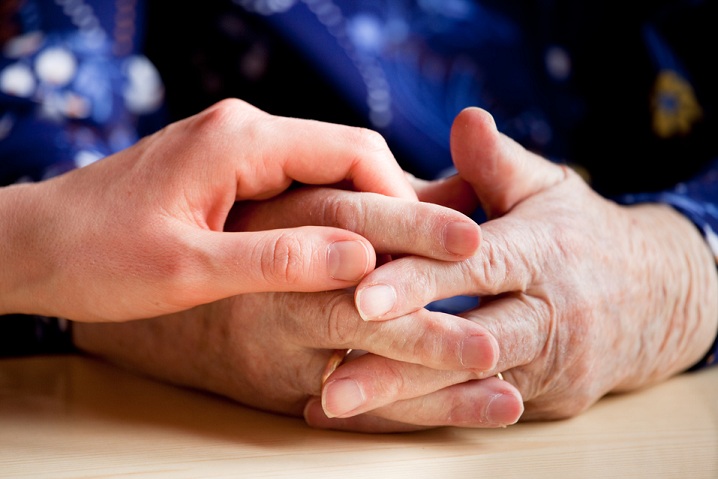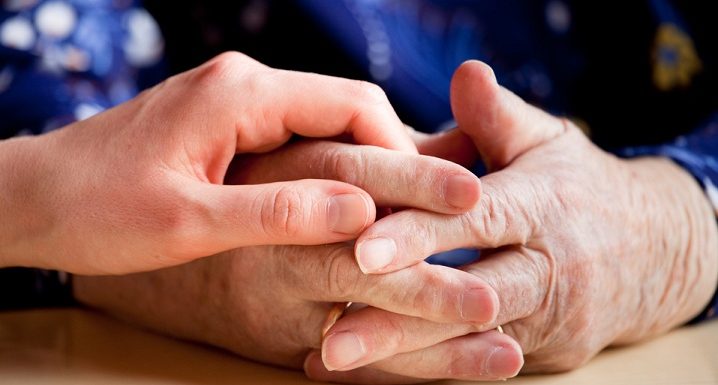No matter how hard you try, it is almost impossible to prepare yourself for this kind of event– a loved one being completely bed ridden or paralyzed because of an accident, illness, or old age. The room where he/she used to relax and sleep would turn into a ‘war zone’ of cleaning fluids, medicines, feeders, gauze, bottles, napkins, and many more.

It gets devastating for caregivers who gets ‘fed’ up sooner rather than later. However, life must go on and you have the responsibility to take care of the patient, but how?
Allow us to present some of the most practical and useful tips on how to take care of a paralyzed patient.
1. Educate Yourself about the Needs of the Patient
Before anything else, the care to be given would depend on the type of paralysis and the cause– whether it’s a result of an accident or illness. It’s important for caregivers to have the knowledge on what the patient might need, and talking to the doctors, as well as therapists could make everyone’s life a little easier and tolerable. Aside from that, there are a lot of books and blogs out there that could help you have an idea of everything you need to know regarding this subject. For example bed sores are one of the prominent problems that the bed ridden paralyzed patients face. Bedsorefaq.com offers detailed information on how to prevent bed sores.
2. Promote Independence
For partially paralyzed patients, it’s important to give them the freedom and independence they need. Consult the therapist and ask about the exercises the patient is allowed to perform. For caregivers, it’s important to be firm, yet gentle at the same time. This wouldn’t only encourage the patient to feel better about themselves, but it would also make the task a little more tolerable.
3. Encourage Being Active
It’s important that the caregiver would regularly ask the elderly to perform general exercises and physiotherapy. Deep breathing exercises are also important, as well as walking around the halls and corridors of the place. If the patient has the ability of moving himself up from a wheelchair, advise him to do so and use a walker instead.
4. Keep Their Minds Active
Although the patient is paralyzed, it doesn’t mean that his brain is paralyzed as well. Try to keep his mind active by listening to news together and discussing about world events. Make him feel that his interest in the world around him is still important– that he’s still a part of the community. You can also engage in brain stimulating activities that requires active participation.
5. Get a Comfortable Bed
If the patient is bedridden, it’s crucial to get a hospital bed that could be lowered and raised with ease. It’s also important that the patient would be turned over every half-hour to prevent bed sores. Always check the skin near the shoulders, hip joints, and elbows, to see if there’s tenderness, redness, or pain.
6. Keep the Patient Happy
Last, but definitely not least, see to it that the patient is always happy. Although he’s already bed ridden, this doesn’t mean that he can’t smile nor celebrate special occasions. As a caregiver, do everything you can to ensure that the patient would never feel depressed and lonely.

Leave a Reply